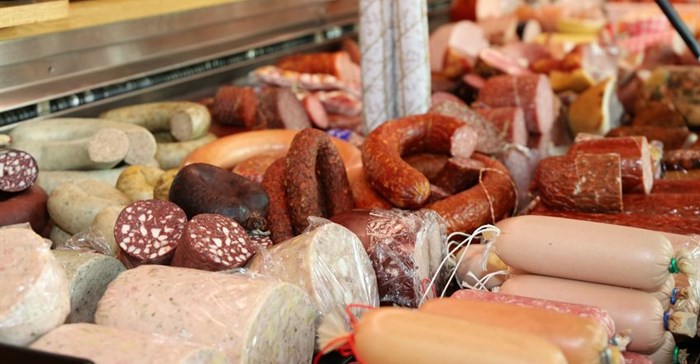
In an explanation about Listeria and listeriosis, she highlights that South Africa has no enforceable regulation on the maximum amount of Listeria monocytogenes permitted in Ready-To-Eat (RTE) foods. As a result, many food-processing companies seek instead to abide by international regulations.
Listeria monocytogenes is the bacterium that, when present at high levels in food, can result in the disease listeriosis. It can grow in cold conditions, but is killed by cooking and pasteurization. The government has identified a strain of Listeria monocytogenes as the cause of the listeriosis outbreak in this country.
“Unfortunately, while South Africa has strict regulations on Salmonella and E. coli, there is no set maximum for the amount of Listeria monocytogenes that is permitted in RTE food. There is only a guideline - the South African National Standard (SANS) 885 for processed meats. This guideline is voluntary and is not an enforceable regulation,” Anelich says.
“Many South African food processors, therefore, seek to abide by international regulations and requirements on Listeria monocytogenes.
“Given the recent outbreak of listeriosis, the Department of Health should regard developing appropriate microbiological regulations for processed meats as an urgent priority.”
Anelich also says that Listeria monocytogenes is present nearly everywhere in the environment – in soil and water, rotting vegetation, in our gardens and similar places. It can, therefore, be expected realistically in/on crops (fruit and vegetables) that are grown in the field and on animals and poultry that are reared in the same environment in which Listeria monocytogenes “lives” naturally.
In low numbers, it is not regarded as a threat to human health, but at high levels it becomes a risk to humans, particularly the elderly, infants, pregnant women and those with compromised immune systems.
“Listeria monocytogenes can contaminate fruit and vegetables, meat and dairy products. That is why hygiene is so important whenever food is stored, processed, prepared or sold,” she says.
“In this outbreak in South Africa, environmental health officials have been taking samples of product and of food processing plants and surrounding areas. According to the Department of Health, these tests have found the presence of Listeria monocytogenes in some food processing plants and the vicinity.
"In fact, it would be surprising if the bacteria were not present, given the fact that they are found almost everywhere, including raw materials such as chicken and other meats. It is important to prevent the organism from contaminating the food product, particularly after it has been cooked.”